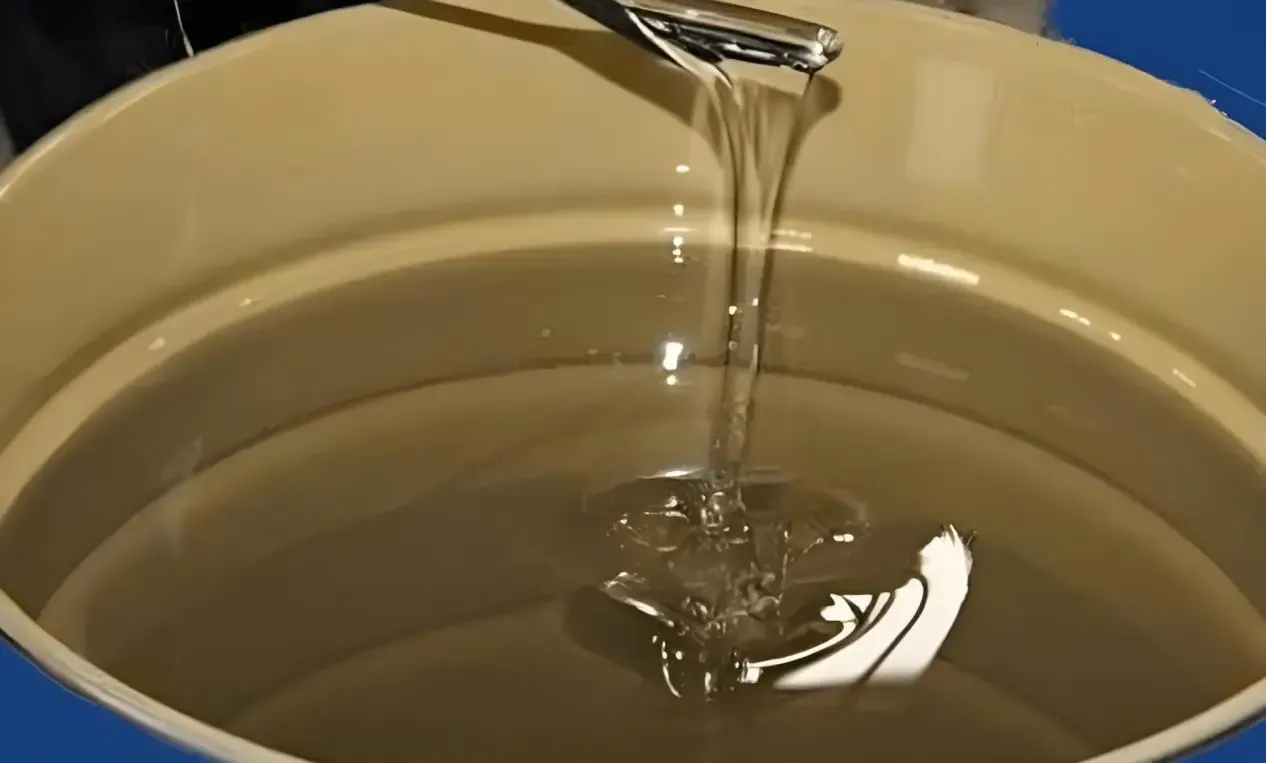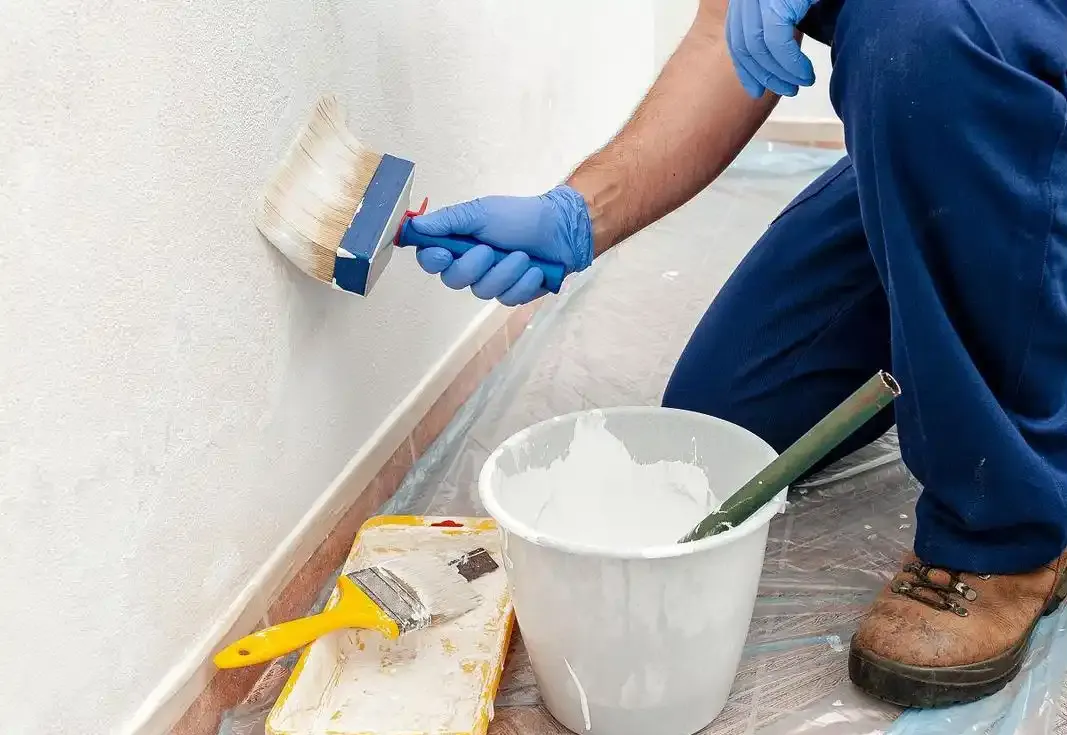
Exploring PVA: Types, Properties, and Essential Applications in Construction
Polyvinyl alcohol (PVA) is a versatile polymer used across industries, from construction to coatings.

Understanding PVA Varieties and Properties
There are multiple pva types, including powder, emulsion, and liquid forms, each tailored for specific applications. The most common is polyvinyl alcohol powder, prized for its ease of handling and adjustable viscosity when dissolved.
A critical consideration when working with PVA is safety and compliance. Always consult the MSDS of polyvinyl alcohol before use to understand handling precautions, toxicity data, and first-aid measures. This ensures informed decision-making in both workshop and field environments.
One of PVA’s most important attributes is its polyvinyl alcohol solubility in water. Unlike many plastics, PVA dissolves readily in warm water, enabling seamless integration into aqueous systems. This solubility underpins its use in everything from adhesives to specialty paints.

PVA in Construction: Bonding, Priming, and Plastering
In modern building projects, PVA delivers enhanced adhesion and durability. When mixed into mortar, pva bond for concrete significantly increases tensile strength and resistance to shrinkage cracks. Contractors commonly apply pva walls before plastering to prime substrates—this “bond coat” ensures a stronger grip for subsequent plaster layers.
Similarly, preparing ceilings with PVA is standard practice. A coat of pva ceiling before plastering prevents moisture loss from fresh plaster, reducing shrinkage and hairline cracks. Whether you’re tackling a full renovation or a new build, pva for plastering streamlines work and elevates finish quality.
Beyond bonding, PVA’s compatibility with coatings has led to innovations like polyvinyl alcohol paint. These paints offer low-VOC, water-borne solutions with excellent film formation and washability, ideal for sustainable building projects.
For applications requiring a liquid form, polyvinyl alcohol emulsion provides stable dispersions of PVA particles in water. This emulsion is widely used in textile sizing, paper coatings, and adhesive formulations where precise control over viscosity and setting time is essential.
When sourcing PVA, working with a reputable polyvinyl acetate supplier is crucial. Many suppliers bundle PVA with polyvinyl acetate (PVAc) emulsions, offering complementary products for adhesive and finishing systems. Price considerations—reflected in the pva polymer price—depend on grade, viscosity, and volume of purchase. Bulk buyers often secure better rates, making planning and forecasting essential for large-scale projects.
Product FAQs: Essential PVA Solutions
1. What are the different PVA types and their uses?
PVA types include powder (for custom viscosity), emulsion (for stable dispersions), and liquid solutions (for immediate use). Powders are ideal for mortar and plastering, while emulsions suit adhesives and coatings.
2. How do I prepare polyvinyl alcohol powder for construction mixes?
Dissolve polyvinyl alcohol powder in warm water (50–80 °C) with constant stirring until fully clear. Cool to room temperature and adjust concentration based on the desired bonding or water-retention properties.
3. Why is the MSDS of polyvinyl alcohol important?
The MSDS of polyvinyl alcohol provides critical safety data—handling instructions, exposure limits, and emergency response measures—ensuring safe use on job sites and in manufacturing facilities.
4. What is the benefit of PVA bond for concrete and walls?
Applying pva bond for concrete or pva walls before plastering primes the substrate, improving adhesion, reducing water loss, and minimizing cracking—resulting in a stronger, more durable finish.
5. Where can I find a reliable polyvinyl acetate supplier and understand PVA pricing?
A reputable polyvinyl acetate supplier will offer technical support, quality certifications, and transparent pva polymer price quotes. Look for suppliers with ISO certification and consistent product grading to ensure project success.
If you need further guidance on selecting the right PVA grade or integrating PVA into your workflow, I’m here to help!
-
Hydroxypropyl Starch as a Sustainable Construction AdditiveNewsNov.24,2025
-
The Gelation Properties of CMCNewsNov.21,2025
-
Redispersible Latex Powder and Water Retention CapacityNewsNov.21,2025
-
Dosage Control for Polycarboxylate Water ReducerNewsNov.21,2025
-
Film-Forming Properties of Polyvinyl AlcoholNewsNov.21,2025
-
The Function of Gypsum Additives in MortarNewsNov.21,2025





















